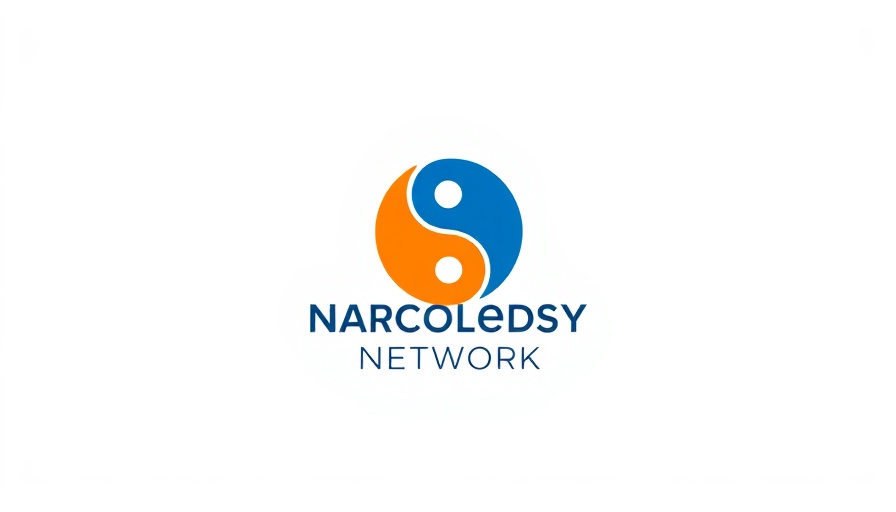
The Alarming Reality of Sleep Deprivation in India
Sleep is not merely a time for rest; it's a cornerstone of our physical and mental health. Yet, a recent survey by Wakefit highlights a troubling trend: Indians are increasingly sacrificing sleep for late-night entertainment. The findings from the Great Indian Scorecard 2025 survey reveal that 58 percent of participants report sleeping past 11 PM, with Kolkata leading the way as the sleepiest city, where a staggering 72.8 percent of respondents admit they routinely hit the sack after the recommended bedtime of 10 PM.
Factors Contributing to Late Nights
One might wonder what drives this increasing neglect of sleep. It seems that the allure of technology plays a crucial role. The survey found that a whopping 84 percent of respondents are using their phones just before bed, a trend fueled by binge-watching shows and aimless scrolling through social media. This behavior not only disrupts sleep patterns but also reduces the overall quality of sleep, leading to grogginess and decreased productivity the next day.
The Hidden Costs of Sleep Deprivation
While it may seem harmless to stay up late for a few more episodes or to check the latest updates on social media, the long-term effects of chronic sleep deprivation can be severe. Insufficient sleep is linked to a multitude of health problems, including anxiety, obesity, cardiovascular disease, and impaired cognitive function. As entrepreneurs and executives familiar with high stress levels, it’s vital to recognize how deeply impacted our work, creativity, and decision-making abilities can become due to inadequate sleep.
Local Observations: Sleep Patterns by City
Notably, the survey highlighted regional differences in sleep habits. Chennai and Hyderabad exhibited the lowest percentages of late-night sleepers at about 55 percent. This variance suggests that lifestyle choices and possibly cultural factors heavily influence sleep patterns. Understanding why some urban centers prioritize sleep could provide valuable insights for those in busier cities striving for a more balanced routine.
Real-Life Stories: A Culture Shift Needed
The real impact of this sleep crisis was seen through interviews conducted with participants who shared their struggles. One respondent, a 42-year-old entrepreneur, stated, “I used to wake up fresh and ready to conquer the day. Now, I feel like I’m dragging myself through the week.” Such anecdotes underline a need for cultural change regarding sleep and productivity. The pervasive 'hustle culture' often glorifies sleeplessness, making it essential to shift our narratives towards valuing rest as a tool for success.
Simple Steps to Combat Sleep Loss
So, what can be done to reclaim our nights? Here are a few actionable tips for executives looking to improve their sleep hygiene:
- Create a Sleep Schedule: Going to bed and waking up at the same time daily can recalibrate your internal clock.
- Diminish Screen Time: Try to limit device usage at least an hour before bed; consider switching to books or meditative practices instead.
- Mind Your Diet: Avoid caffeine and heavy meals in the evening, as they can disrupt sleep quality.
- Optimize Your Environment: Make your bedroom a sanctuary; keep it dark, quiet, and cool.
Looking Ahead: The Future of Sleep Awareness
As awareness continues to grow surrounding mental health and overall well-being, there is hope that more individuals will begin to prioritize sleep in their daily routines. With more education and accessible resources, we can cultivate an environment where good sleep habits are celebrated, not sidelined.
This wave of awareness can usher in a society more equipped to balance productivity with personal health, ultimately leading to improved quality of life. As busy individuals navigating a fast-paced world, it is time to reclaim our nights and invest in our well-being.
If you're ready to start valuing your sleep as essential to your health and productivity, consider implementing some of these strategies tonight!
 Add Row
Add Row  Add
Add 




Write A Comment